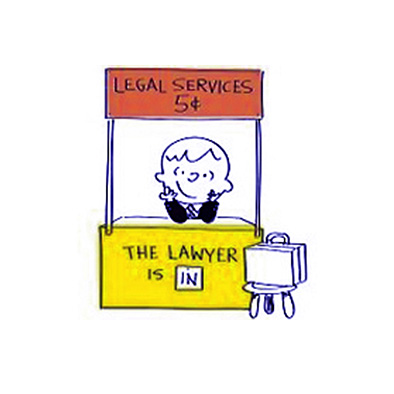"In January 2009, the defendant retained the plaintiff to represent him in a divorce action commenced against him by his former wife. The divorce action culminated in a settlement. The plaintiff represented the defendant from January 2009 through June 2011, and periodically sent invoices to the defendant for legal services rendered in accordance with a retainer agreement executed by the defendant. The defendant received the invoices and made payments with respect thereto through October 22, 2010. Thereafter, he made no further payments to the plaintiff. When the defendant discharged the plaintiff in June 2011, there were outstanding invoices in the total sum of $18,581.50. The plaintiff commenced this action, inter alia, to recover on an account stated. The defendant answered and interposed counterclaims alleging legal malpractice against the plaintiff. The plaintiff moved for summary judgment on the cause of action for an account stated and dismissing the defendant's counterclaims. The Supreme Court granted the motion, and the defendant appeals.
"An account stated is an agreement between parties, based upon their prior transactions, with respect to the correctness of the account items and the specific balance due'" (Bashian & Farber, LLP v Syms, 147 AD3d 714, 715, quoting Citibank [South Dakota], N.A. v Abraham, 138 AD3d 1053, 1056). "Although an account stated may be based on an express [*2]agreement between the parties as to the amount due, an agreement may be implied where a defendant retains bills without objecting to them within a reasonable period of time, or makes partial payment on the account" (Citibank [South Dakota], N.A. v Abraham, 138 AD3d at 1056; see Fleetwood Agency, Inc. v Verde Elec. Corp., 85 AD3d 850). The "agreement" at the core of an account stated is independent of the underlying obligation between the parties (see Citibank [South Dakota], N.A. v Abraham, 138 AD3d at 1056; Citibank [S.D.] N.A. v Cutler, 112 AD3d 573).
Here, the plaintiff demonstrated her prima facie entitlement to judgment as a matter of law on the cause of action to recover legal fees on an account stated in the amount of $18,581.50, with interest from July 11, 2011 (see Bashian & Farber, LLP v Syms, 147 AD3d at 715). In opposition, the defendant failed to raise a triable issue of fact (see Langione, Catterson & Lofrumento, LLP v Schael, 148 AD3d 797). The plaintiff also demonstrated her prima facie entitlement to judgment as a matter of law dismissing the defendant's counterclaims. The plaintiff's submissions demonstrated that in representing the defendant, who was also the defendant in the divorce action, she exercised the ordinary reasonable skill and knowledge commonly possessed by a member of the legal profession, and that the stipulation of settlement executed by the defendant in the divorce action was not the product of any mistakes by the plaintiff (see Schiff v Sallah Law Firm, P.C., 128 AD3d 668, 669). The stipulation of settlement recited, among other things, that the defendant reviewed and understood its terms, had an opportunity to consult with counsel and have the legal and practical effect of the stipulation fully explained to him, executed the stipulation voluntarily, without coercion or pressure of any kind, and believed the stipulation to be fair and reasonable (see Chamberlain, D'Amanda, Oppenheimer & Greenfield, LLP v Wilson, 136 AD3d 1326, 1328; Schiff v Sallah Law Firm, P.C., 128 AD3d at 669). In opposition, the defendant failed to raise a triable issue of fact."









No comments:
Post a Comment
Note: Only a member of this blog may post a comment.